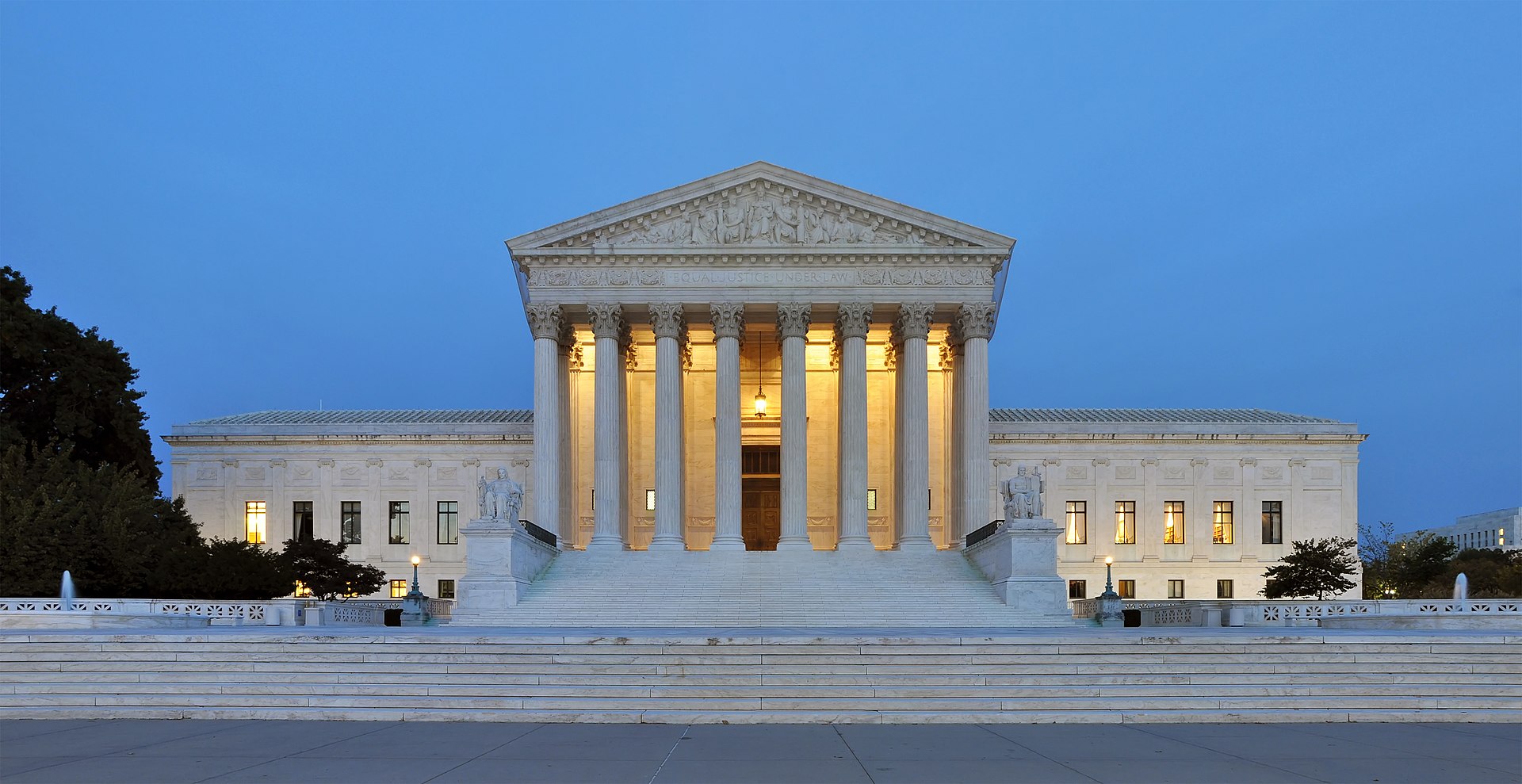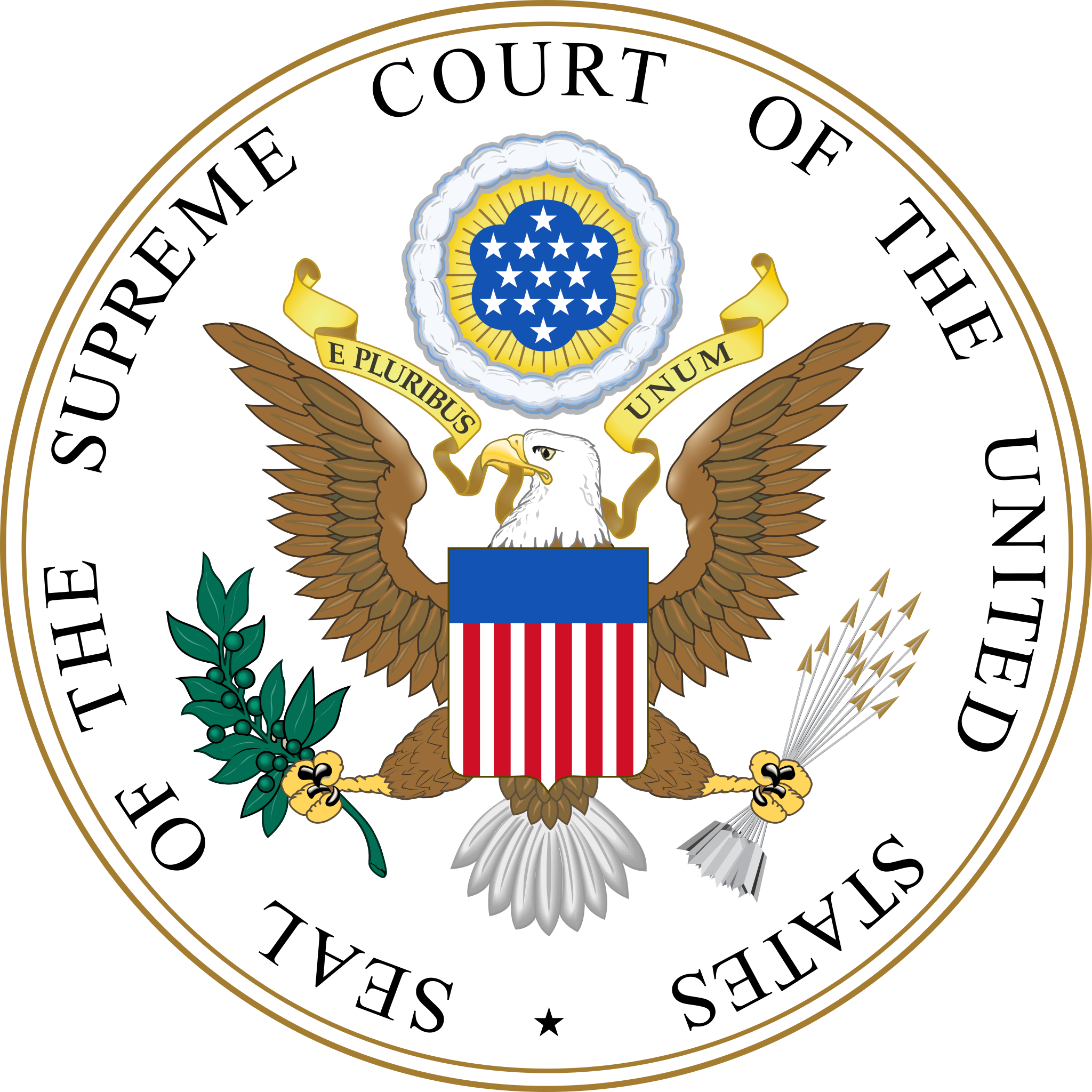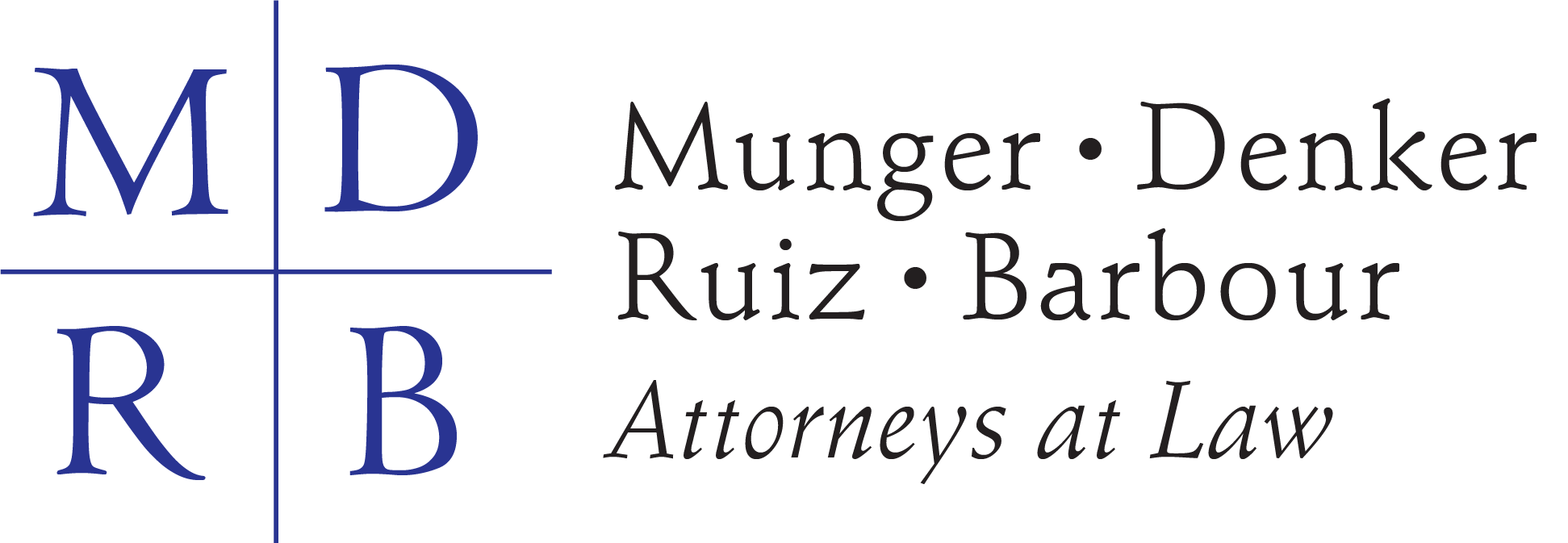
Law 101: International Shoe Co. v. Washington
Photo Above by Joe Ravi, CC BY-SA 3.0
In the realm of legal history, certain cases continue to have a profound impact on the way our courts operate and conduct their affairs. International Shoe Co. v. Washington, a 326 U.S. 310 (1945), landmark Supreme Court case decided in 1945, is one such example. For more information on how Munger • Denker • Ruiz • Barbour, can help you please contact us below.

The Background
At the heart of International Shoe lies the age-old question: When can a court in one state assert its authority over a company based in another state? The plaintiff in this case was the state of Washington, seeking to collect unpaid unemployment taxes from the International Shoe Company, which had its principal place of business in Missouri.
The Legal Dispute
International Shoe, a company that manufactured and sold shoes, argued that since it did not have a physical presence, such as an office or store, in Washington, the state lacked the power to require the company to pay taxes there. The company contended that its activities in Washington were sporadic and not significant enough to warrant being subjected to the state’s jurisdiction.
The Ruling
The United States Supreme Court, in a groundbreaking decision authored by Chief Justice Harlan Stone, took a different approach to the issue of jurisdiction. The Court acknowledged that traditional rules of jurisdiction had been tied to a company’s physical presence within a state, but then recognized that in an increasingly interconnected world, new considerations were necessary.
The Court introduced the concept of “minimum contacts,” which meant that for a court to exercise jurisdiction over an out-of-state company, the company must have sufficient connections with the state in question. These connections, or minimum contacts, could be through various forms of business activities, such as sales, advertising, or having employees based in the state.
Furthermore, the Court emphasized that the exercise of jurisdiction must be fair and reasonable. It meant that holding a company accountable in a state where it had conducted business activities should not violate traditional notions of due process. This ensured that companies could not be hauled into any random state’s court without any reasonable connection to that state.
The Significance
International Shoe revolutionized the understanding of what is known in the law as personal jurisdiction — the power of a court to assert authority over a party in a lawsuit. By introducing the minimum-contacts standard, the Supreme Court struck a delicate balance between state sovereignty and the needs of a modern, mobile world.
This ruling has had a profound impact on businesses and individuals operating across state lines. It established clear guidelines for when a state could exercise jurisdiction over an out-of-state company or person, providing a framework that still guides courts today. Companies and individuals that conduct even limited business activities in a different state might subject themselves to that state’s laws and regulations.
Conclusion
International Shoe marked a significant change in the realm of legal jurisdiction. By paving the way for the “minimum-contacts” standard, this landmark case ensured that the American legal system could adapt to the complexities of an ever-evolving commercial landscape. Ultimately, the case of a shoe company transformed the very foundation of jurisdictional rules, leaving a lasting impact on American commerce and the practice of law.
If you have legal questions or problems, the experienced team at Munger • Denker • Ruiz • Barbour, provides comprehensive legal solutions and effective advocacy, ensuring that your rights and interests are protected. Schedule a consultation with Munger • Denker • Ruiz • Barbour, to receive expert advice tailored to your specific needs below.
Latest Posts
Quiet Title
Normally, it is simple to determine who is the lawful owner of real property: Whoever is listed on the last deed recorded with the county recorder’s...
Quiet Title
Safeguarding Your Interests in Arizona Probate Court
What Is Probate Court? A probate court is one that has authority or jurisdiction over all cases involving wills, trusts, estates, and...



